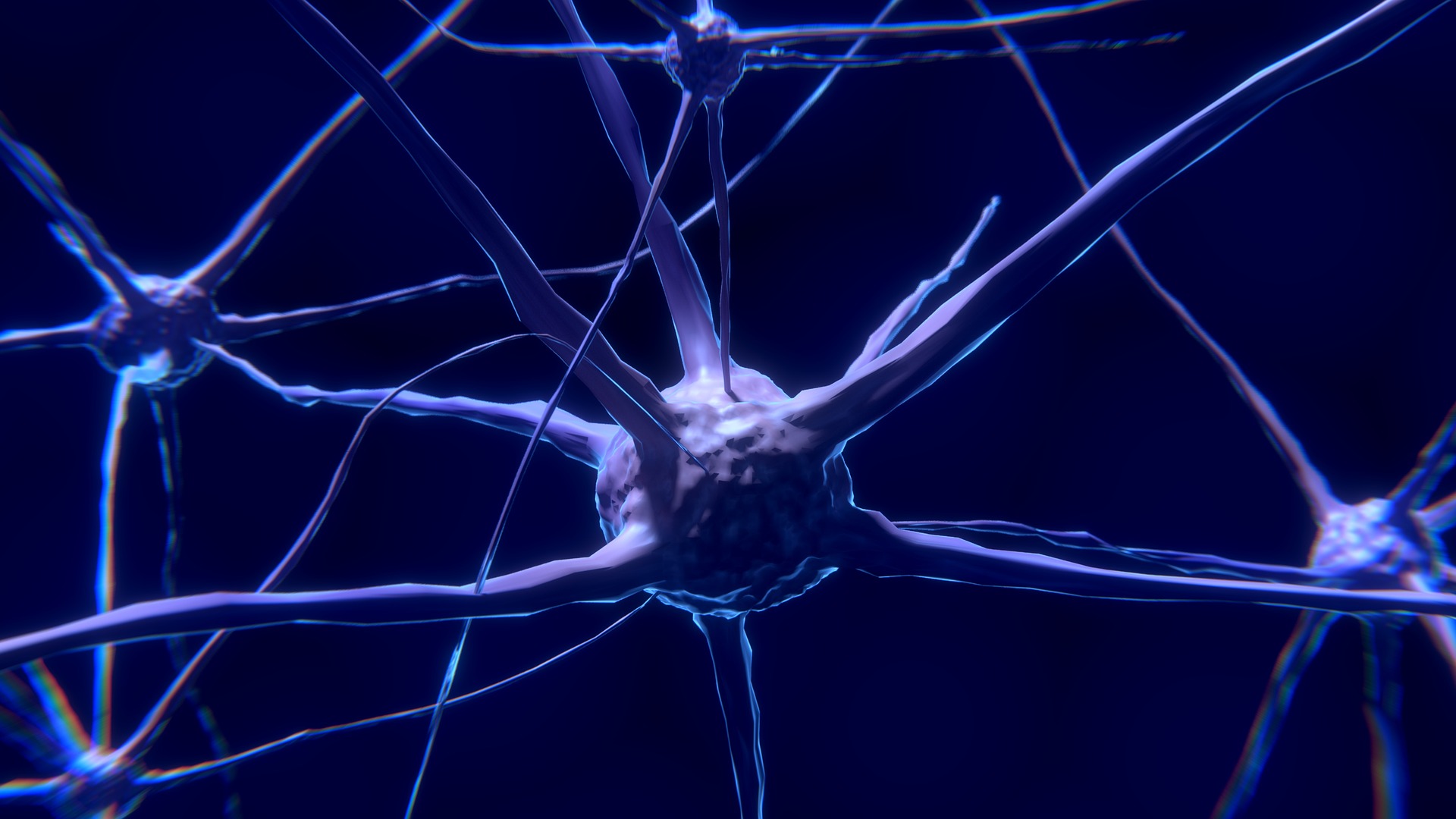The Ketamine Tolerance-Addiction Cycle
As one of a handful of dissociative drugs, ketamine remains true to its dissociative classification in terms of its ability to produce out-of-body type experiences in users. As a group, hallucinogen drugs rank low on the totem pole as far as addiction potential goes; however, ketamine’s chemical properties make for a powerful exception to the rule.
Unlike other types of hallucinogen drugs, ketamine carries some addictive properties that can take shape over time the longer a person keeps using the drug. Ketamine tolerance in particular plays a central role in perpetuating continued drug use. In effect, the ketamine tolerance-addiction cycle should warrant cause for concern for anyone who uses this drug on a regular basis.
Ketamine’s Mechanism of Action
Ketamine’s effects develop out of its interactions with glutamate-producing cells in the brain. According to the National Institute on Drug Abuse, glutamate, an essential neurotransmitter chemical, regulates the brain’s information processing functions. Ketamine essentially slows glutamate production, which plays a part in its ability to disrupt communications between the brain and body.
Ketamine also produces anesthetic or pain-relieving effects through its actions on dopamine producing cells. Dopamine, another essential neurotransmitter, regulates nerve signal transmission throughout the body’s central nervous system. By increasing dopamine production, ketamine blocks sensory information from reaching the brain.
Ketamine Tolerance
As with other forms of drug-related tolerance, ketamine tolerance develops as the brain adapts to the drug’s effects within its chemical system. With frequent drug use, chemical-producing cells start to become dependent on ketamine’s presence, which in turn weakens their ability to produce the drug’s desired “high” effect. Subsequently, users start increasing their dosage amounts in order to compensate for the drug’s weakening effects.
According to the University of Maryland, ketamine tolerance levels rise quickly, driving users to engage in bingeing behaviors in order to sustain the drug’s effects. This practice, in and of itself, predisposes users to ketamine’s addictive properties.
From Ketamine Tolerance to Ketamine Addiction
Unlike opiate and stimulant-type drugs, ketamine does not bring on withdrawal effects or cause physical dependency; however, prolonged drug use does carry a high risk of psychological dependency, which is where addiction lives. In effect, the mind becomes dependent on ketamine effects in much the same way as the body does when physical dependency is an issue.
Once psychological dependence sets in, a person has reached a point where he or she cannot experience any sense of joy or contentment without the drug’s effects. These developments give rise to a whole new set of belief systems and priorities, eventually making ketamine the sole motivation for everything a person thinks, feels and does.
Treatment Considerations
Whenever drug addiction becomes an issue, it can be easy to assume the physical effects of the drug lie at the heart of the drug problem. In essence, addiction takes root within the mind, not the body, so even a drug like ketamine can destroy a person’s life over time.
If you or someone you know struggles with ketamine tolerance increases and have questions about the ketamine tolerance-addiction cycle, please feel free to call our toll-free helpline at 800-915-1270 (Sponsored) to speak with one of our addiction specialists.

 Getting Help for Ketamine Tolerance -
Ketamine tolerance can occur in individuals who use the drug recreationally as well as those who use it for medical treatment
Getting Help for Ketamine Tolerance -
Ketamine tolerance can occur in individuals who use the drug recreationally as well as those who use it for medical treatment  How Ketamine Tolerance & Withdrawal Effects Drive Continued Drug Use -
Once a ketamine tolerance is developed, a user will experience withdrawal symptoms when they try to quit. These symptoms often include depression, anxiety, and cravings.
How Ketamine Tolerance & Withdrawal Effects Drive Continued Drug Use -
Once a ketamine tolerance is developed, a user will experience withdrawal symptoms when they try to quit. These symptoms often include depression, anxiety, and cravings.  Am I at Risk of Ketamine Tolerance? Signs to Watch for -
Abusing ketamine on a regular basis can quickly lead to tolerance, dependence and addiction. Here are some warning signs to watch for if you think a tolerance is developing.
Am I at Risk of Ketamine Tolerance? Signs to Watch for -
Abusing ketamine on a regular basis can quickly lead to tolerance, dependence and addiction. Here are some warning signs to watch for if you think a tolerance is developing.  Dangers of Ketamine Tolerance -
Ketamine tolerance is a dangerous condition that can lead to addiction, withdrawal, and overdose
Dangers of Ketamine Tolerance -
Ketamine tolerance is a dangerous condition that can lead to addiction, withdrawal, and overdose  The Difference Between Ketamine Tolerance and Addiction -
Needing more ketamine to feel the same effects is called tolerance. This is different from an addiction, but it can lead to one if it causes you to take more and become dependent on it
The Difference Between Ketamine Tolerance and Addiction -
Needing more ketamine to feel the same effects is called tolerance. This is different from an addiction, but it can lead to one if it causes you to take more and become dependent on it